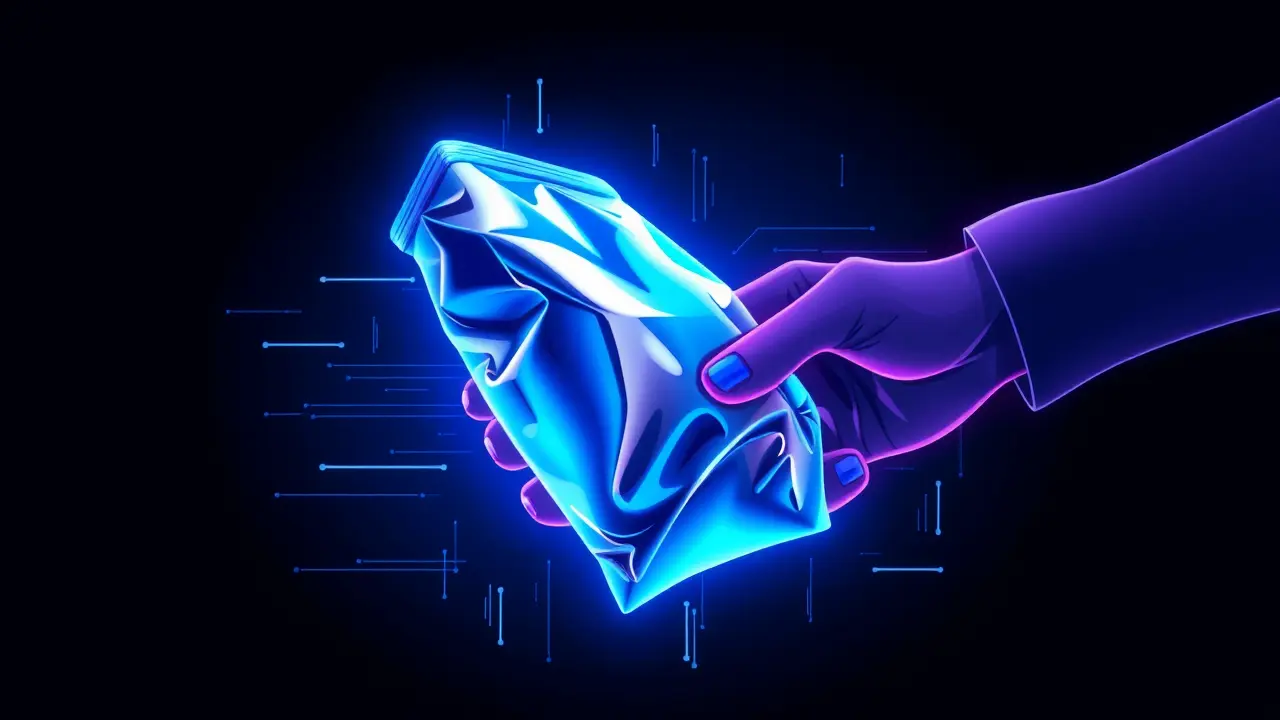
AIcomputer visionSurveillance and Security
Student searched after AI mistakes chips for gun.
MI
Michael Ross
1 week ago7 min read3 comments
In a stark illustration of the chasm between artificial intelligence's theoretical promise and its practical perils, a high school student in Baltimore County, Maryland, became an unwitting test subject in a real-world ethics experiment when an AI-powered security system erroneously identified a simple bag of chips as a potential firearm, leading to the minor being handcuffed and subjected to a search. This incident, which feels ripped from the pages of an Isaac Asimov cautionary tale, transcends a mere technological glitch; it represents a fundamental failure in the chain of trust we are hastily constructing with automated systems, forcing us to confront the uncomfortable trade-offs between security theater and individual liberty.The core of the issue lies in the brittle nature of many contemporary computer vision models, which are often trained on curated datasets that lack the chaotic, unpredictable context of the real world—a crumpled foil packet might share certain visual harmonics with a metallic object under low-resolution scrutiny, but to a human guard, the absurdity is immediately apparent. This is not the first such failure; from facial recognition systems demonstrating profound racial and gender biases to predictive policing algorithms perpetuating historical injustices, we are witnessing a pattern where the deployment of AI outpaces our development of robust oversight and ethical frameworks.Proponents of such systems argue for their efficiency and the potential to mitigate human error, yet this case inverts that very argument, showcasing how AI can *introduce* error where none previously existed, effectively creating new problems in its quest to solve old ones. The psychological impact on the student, suddenly transformed from a pupil into a suspect by an inscrutable algorithm, cannot be overstated, echoing the kind of dystopian anxiety Asimov explored in his works, where humanity's creations begin to dictate the terms of human existence.From a policy perspective, this event should serve as a clarion call for stringent pre-deployment auditing, mandatory human-in-the-loop protocols for any system capable of triggering a physical intervention, and clear legal accountability—is the school district liable, or the software vendor, or the nebulous AI itself? The European Union's AI Act, with its risk-based classification system, already seeks to prohibit such indiscriminate real-time biometric surveillance in public spaces, a regulatory foresight the United States currently lacks. As we stand at this crossroads, the path forward requires a balanced, thoughtful approach that neither stifles innovation with reactionary fear nor surrenders our civil liberties to the cold logic of flawed algorithms. The ultimate question posed by this bag of chips is not whether AI can make our world safer, but what kind of world we are creating when we allow unaccountable machines to define the boundaries of that safety.
#AI security
#false positive
#school safety
#student searched
#Doritos
#computer vision
#surveillance systems
#lead focus news
Stay Informed. Act Smarter.
Get weekly highlights, major headlines, and expert insights — then put your knowledge to work in our live prediction markets.
Related News
© 2025 Outpoll Service LTD. All rights reserved.














